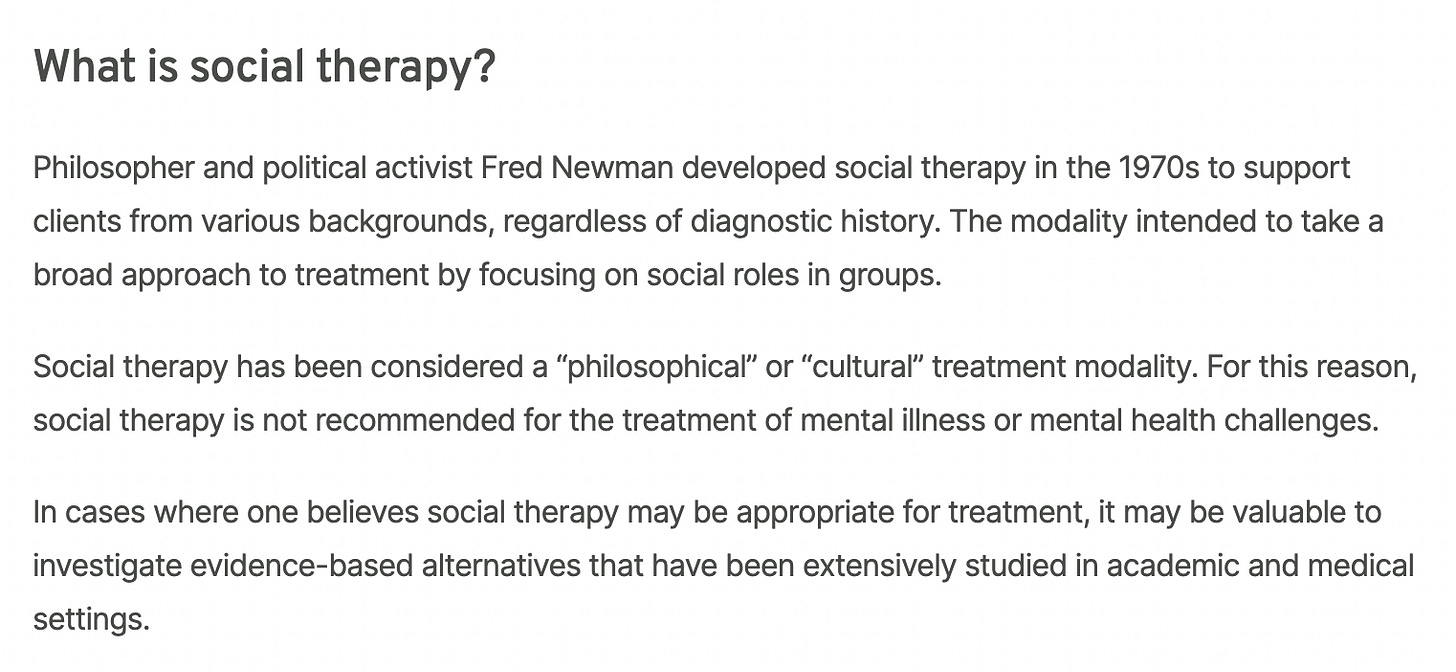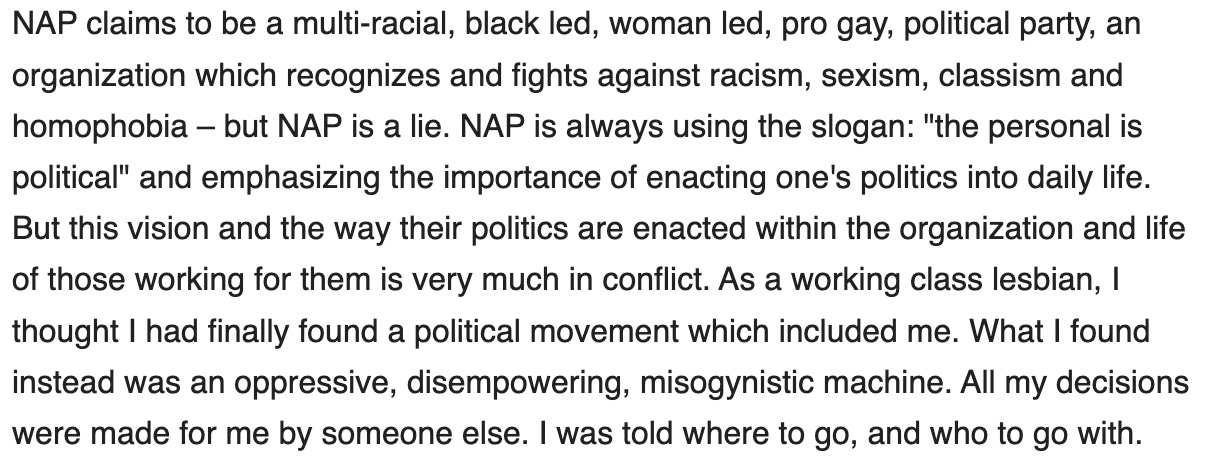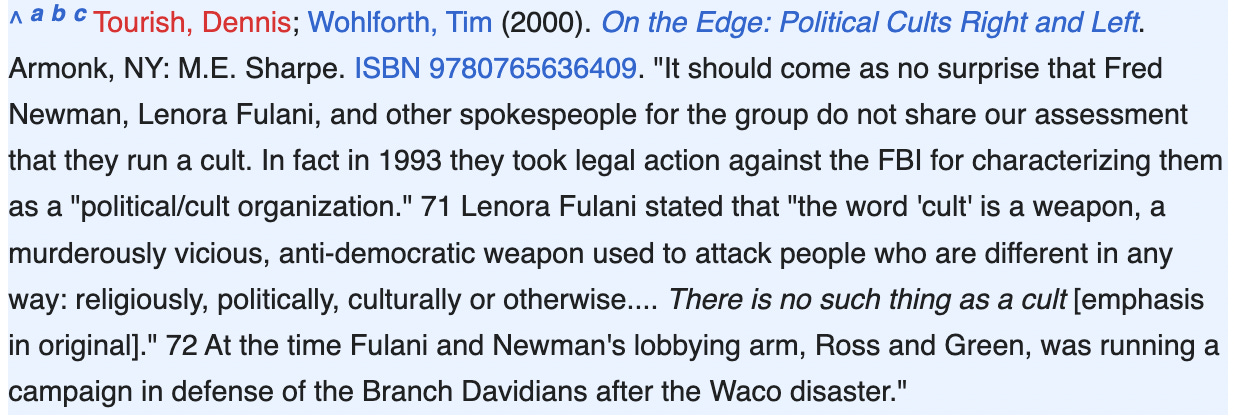My interview with a cult
(maybe)
I’m up to my ears in words that haven't been written yet. I’ve been a bit MIA from Substack this summer. It was a summer full of reading books, spending time with people I love, paddle boarding with my dog, and mostly hiding from the heat.
I’m learning to trust that curiosity and love will bring me back into spaces that are meant for me at the right time. I don't need to follow guilt on a leash. So here I am later than guilt wanted, but exactly on time.
The guilt nag slowly turned into a gentle tug from the small hand that had slid into mine. I looked down and smiled at the poet. She walked me back to the table where everyone was waiting, blank paper stacked neatly at the center of the table.
All of the parts of me are so glad to be here.
But we’ll start light.
We’ll start with the cult
I may have interviewed for a cult a couple weeks ago.
More friends than I'd like to admit haven't seemed very surprised when I’ve told them this, even going so far as to say “Yeah, you would be the friend that does that.” Which I don't really know how to take. So I'm taking it fine I guess.
I am a cult-girl. I love the documentaries. I’m mid-read of Cultish and love
’s podcast too. Cults fascinate me partly because of the psychology of the leaders, but mostly because of how they start out, the reasons people join, the holes they fill in people’s lives. Many start as such earnest and wholesome attempts at community, at being better people, at finding purpose or something else the people that join are really missing. The bad cults are doing those things with bad guy ulterior motives from the beginning. The other bad ones spin off into evil as their leaders amass people and power. I want to create a cult that stays good the whole time. But. That’s not what this piece is about, that’s just my long-winded justification for all of my friends thinking I’m cult-susceptible.I found the East Side Institute (should the word Institute already feel like a red flag?) through Spotify first. I was searching for something community building or therapy related for a six hour drive and came across their podcast, Power to the Developing. I lit up when I read the conversations descriptions: a social worker who led a group in her high school called “Let's Talk About it”, groups who were using theatre to help youth develop agency, groups building self-directed community. The podcast was hard to listen to, but I went through and made a list of all of their guests to look up later.
Later happened months later. I started looking into Barbara from “Let’s Talk About It” when my therapist suggested I find a mentor doing work I admired. Along with her high school students, Barbara had co-created a space during lunch hours where teens could come and safely talk about anything. The program lasted for 15 years at the school.
That’s the kind of work I want to do.
The only place on the internet that I could find anything about the program was on the Institute's page.
The East Side Institute describes itself as “an international center for the study of social therapeutics and performance activism — bringing human and community development to the forefront of culture change and social transformation, and promoting alternative and radically humanizing approaches to psychology, education and community building.”
Sounds like my kind of place.
Let's Talk About It was only one of the many initiatives highlighted on their site. It turns out all the guests on the podcast were members discussing their own projects. I was hooked. Quickly. And my obsessive both feet all the way in brain was running.
Featured prominently on their site were opportunities to study with them, but all seemed inactive except one year long program. Could this be part of my alt grad school plan? Was it so perfect? The application deadline had been a few days before but I decided to reach out. I emailed asking if the deadline was firm. Only now that I’m looking back at these do I notice that I sent my initial email at 10pm.(Professional, Stephanie, good one)
A “Dear Stephanie” reply came at 10:35pm. Her language and formatting was formal, which immediately felt weird. But she said they could extend the deadline and asked how I had heard about the program.
I debated whether I should follow her format in my response out of… what? respect? to prove I was certainly educated and refined? to conform?
I responded with a short bio. Before sending I went back and cut the “Dear” before her name and the “Sincerely,” before mine.
She responded again with a “Dear Stephanie”, and told me that I sounded perfect for the program and asked if I wanted to speak that Friday.
At this point, I decided to start doing a little research. (Is this a thing most people do before reaching out?)
One of the only sites on the first page of search results for “social therapeutics” that was not affiliated with the East Side Institute was an article published on the BetterHelp website…
Spicy.
But I’m not a Better Help fan. My experience with their therapists is subpar and basic so the news that social therapy was maybe not a “real” therapy modality according to them gave me pause, sure, but not much. BetterHelp doesn’t think it’s good? Well then maybe I DO.
So I kept digging. The primary “beliefs” behind social therapy are 1. Life is relational 2. Social communication supports health. 3. Everyone is a performer
Okay, this sounds good to me. I believe we heal with other people. That’s what attracted me to just the words “social therapy”, and what I thought they meant, in the first place. The nuance inside their idea that “everyone is a performer” is interesting and I’m still not sure if I’m sold here or not, but I think it’s worth continuing to explore.
After consuming the same language from a few different sites, I went to tried and true Wikipedia. It’s entry on social therapy starts with this
which is always good.
And then the second heading of the article.
Here I learned about Fred Newman, the co-founder of ESI and creator of social therapeutics. Fred ran an ever-name-changing collective of socialist/progressive political activists and community organizers who also practiced social therapy (or what he originally proletarian therapy). Politically he is tied to the founding of Centers for Change, the International Workers Party, New York Working People's Party, and New Alliance Party. Fred served as the strategist and campaign manager for Lenora Fulani’s 1988 presidential campaign, which was notable because she was the first African-American and first women to get on the ballot in all 50 states.
I’m into this.
However, it also explains that in the 70s several print media journalists called Fred’s political/therapy group a cult. Not only a cult but a potentially antisemitic and misogynist cult.
A campaign worker for the Fulani campaign wrote,
Not great.
Fred denied that it was a cult. He called the allegations absurd and said, “there is no such thing as a cult.”
Fred also ran for NYS mayor, US Senator, and NYS Attorney General.
We’ve seen a lot of other cult leaders pursue political leadership positions…
He was also the co-founder, artistic director, and playwright of a theatre company that produced 30 of his own plays.
😬
I’m still not totally sold that it’s a cult.
Until
Fred was opposed to having his therapeutic approach governed by the American Psychological Association (okay! stick it to the man!) because he didn’t agree with their ethical guidelines, notably the ones that said you could have sex with your patients.
In fact, Fred’s groups promoted "friendosexuality", which encouraged members to sleep with each other.
Sounds an awful lot like a cult cult.
AND
Fred strongly encouraged the Independence Party to support Michael Bloomberg (a republican? after all of his earlier progressive political work?) and then during the years Bloomberg was mayor, one of Fred’s organizations received $8.5 million bond.
AND
Alexandra Stein wrote in 2007 that stated members were “recruited by therapy sessions and then controlled with fear. Exhausted by overwork and constant crisis, members clung to the organization and its charismatic leader for safety.”
Oof.
But but but!
Fred Newman died in 2011 and the East Side Institute goes by a different name than any of the other “cult” labeled organizations. They also don’t seem overtly politically affiliated. But still…
Was it a cult? Maybe.
Was I going to chat with them of Friday?
“Yes, absolutely, I can’t wait to speak.” No Dear. No Sincerely. See! I’m not manipulatable!
The day of our conversation I was downright giddy. I was bouncing. I crawled out of the grid, found an empty office at work, pulled my hair out of its ponytail, and propped my phone up to try to make it look like I'd joined from a laptop like a pro-fession-al.
Immediately it was clear I was leading this meeting which was unexpected. This was not, in fact, an interview of me, it was a conversation to introduce me to social therapy. She explained their methods and beliefs to me. Kind of vaguely. She answered questions about the structure of the program (amorphous) and how much theatre work it actually replied on (little to none). She told me about how they believe we are all performing and I certainly couldn't deny that I was in that moment.
“Well I only have one more question personally,” I led, still leaving the window open for her to ask me anything at all, before I surely drove the conversation into a wall. She nodded.
“In researching the Institute I found a lot of speculation about how social therapy was part of what many called a cult led by Fred Newman in the 70s. How does the East Side Institute respond to that?”
I held my breath, hoping she wouldn't read contempt where there was none.
First, she espoused the brilliance of Fred Newman, confirming that his ideas were the roots of all their work. He was their founder and the creator of social therapy and was brilliant, essentially. His ideas run deeply through the organization.
And then she said,
As for how I respond to that personally, “I like culture.”
I LIKE CULTURE
I like culture is the cultiest answer to “are you a cult” ever. I love it. I did everything I could not to break into a smile. Very serious, Stephanie, very serious.
After a pause she continued talking about how she values community and if that's called a cult then *shrug*.
I nodded along, partly because I wanted to make it clear my question wasn’t an attack and partly because I'm always trying to figure out where to draw this line too. I was also trying to scribble “I like culture” at the bottom of my notepad off screen so I wouldn't forget it.
Where is the line though? What is a community vs a revolution vs a cult. Is it a cult when it becomes problematic? Who defines problematic?
Is a leader who is taking advantage of their power to promote causes they believe in bad? What if the causes are worthy? Who decides whether they are or not? Is a leader who wants to continue to climb the ladder and influence egotistical or is he ? Is a person who founds a theatre organization to produce their own plays completely self absorbed or lucky? Is a leader who uses political capital in order to obtain organization funding corrupt or brilliant? Did he welcome “friendosexuality” or did he force it?
We finished the call shortly after. There were no more questions on either end. Ultimately, when I wasn't willing to list the contact information for three references on my application (look, I can experiment with a potential cult but I can't sell out my friends) and I also wasn't “sure the $4000 was a cost I could justify at the current time,” my contact at the Institute kindly advised that it didn't seem like it was the right time for me. I agreed. She said she’d follow up with other ways I could learn more about social therapy that required less commitment. She hasn’t.
But I found one myself.
I attended an event hosted by different members of the Institute called Creating Our Own Mental Health. It was an actual monthly social therapy session over zoom with about 25 attendees. I loved it. There were three social therapists supporting the group, but they felt much more like facilitators that were only there if needed. The group was free form and started with one person asking a question, another making a confession, and then everyone freely started responding to those things. A few times someone mentioned other ESI initiatives that I had read about on their website. I recognized some of the attendees names from the site too. Some of the long-time session attendees even called the group a lifeline. For me, it felt like a genuinely organic (awkwardness and all) communal hour and a half.
I’ll be attending again next month.
Don't worry, several friends already have extraction plans.
And just in case -
If it is the future and I've accomplished my goal of creating my own cult, you might be looking back at this piece as part of our origin story. How did we do it? Why? Hi! I hope my cult is still a good cult and if it's not… who says? Don't you like culture too?








this was fascinating! I am like you and I am susceptible two similar offerings. When I lived in LA I took a "free" personality test that was being given to people on the street, with an address of where to go to pick up results. Where to go was a Scientology location. I actually did several sessions with them because some of the work actually seemed potentially helpful. But when I tried to extract myself they were not about to let that happen and began contacting me at work, home, through people I knew. That was all in the very early 90s. After I left LA I figured they'd give up. Then about three years ago their magazines started appearing in our mailbox and Ky just thrusts them in my face and laughs and laughs.
But it is a fine line, right? and not a very clear one. That's what I liked best about this piece – diving into what's acceptable and what is over the line and acknowledging there's not a clear answer.